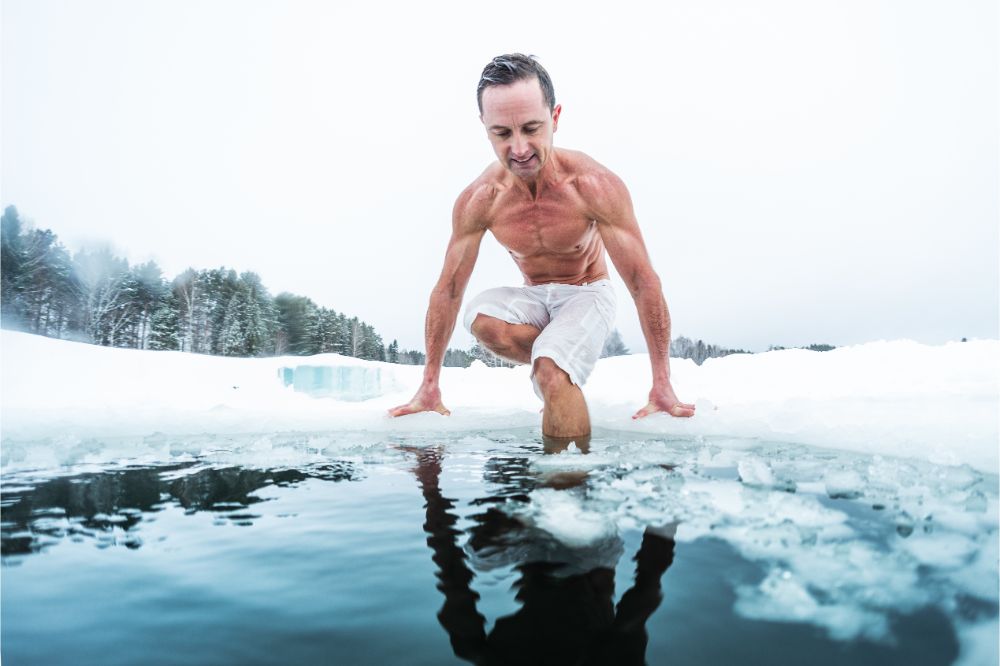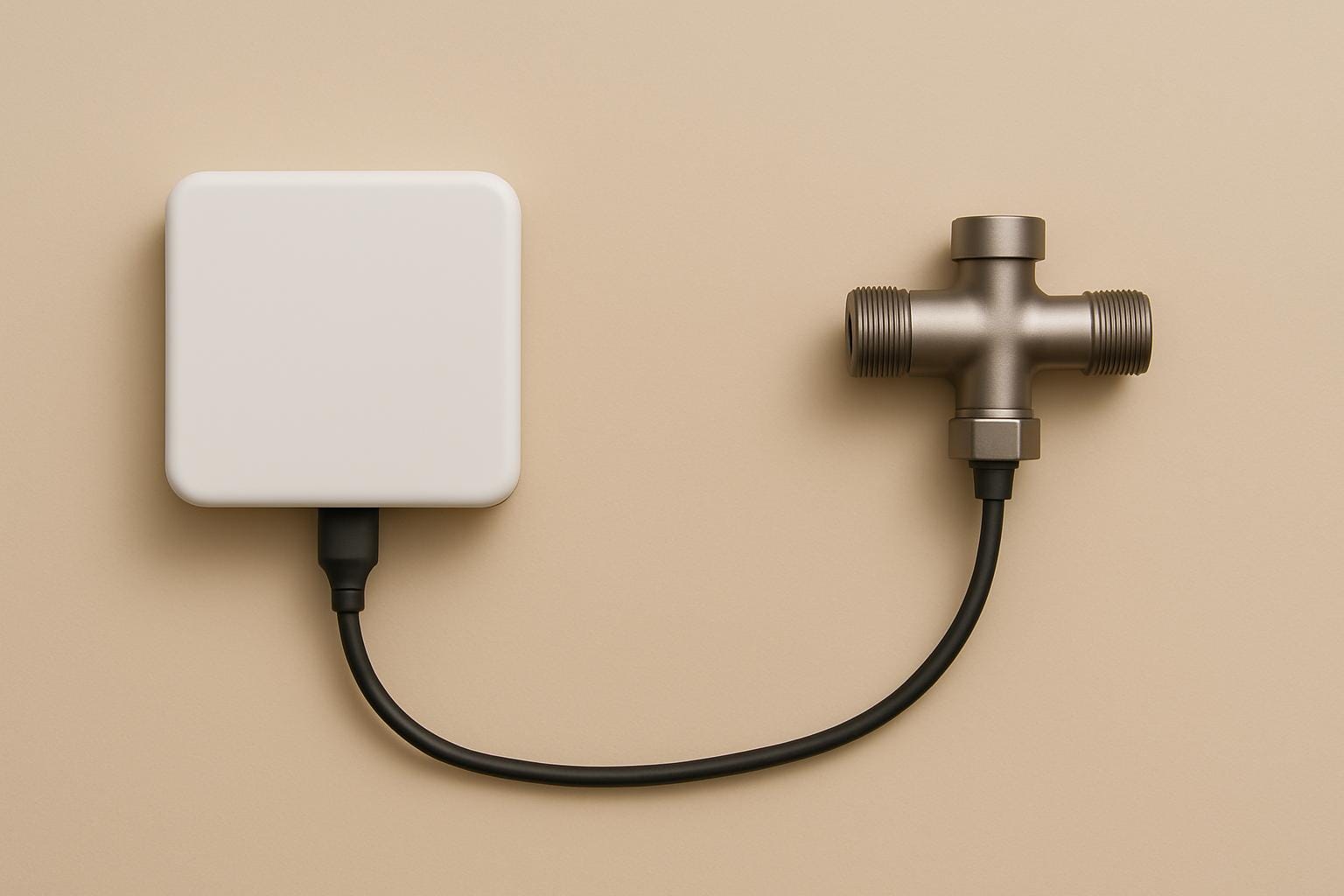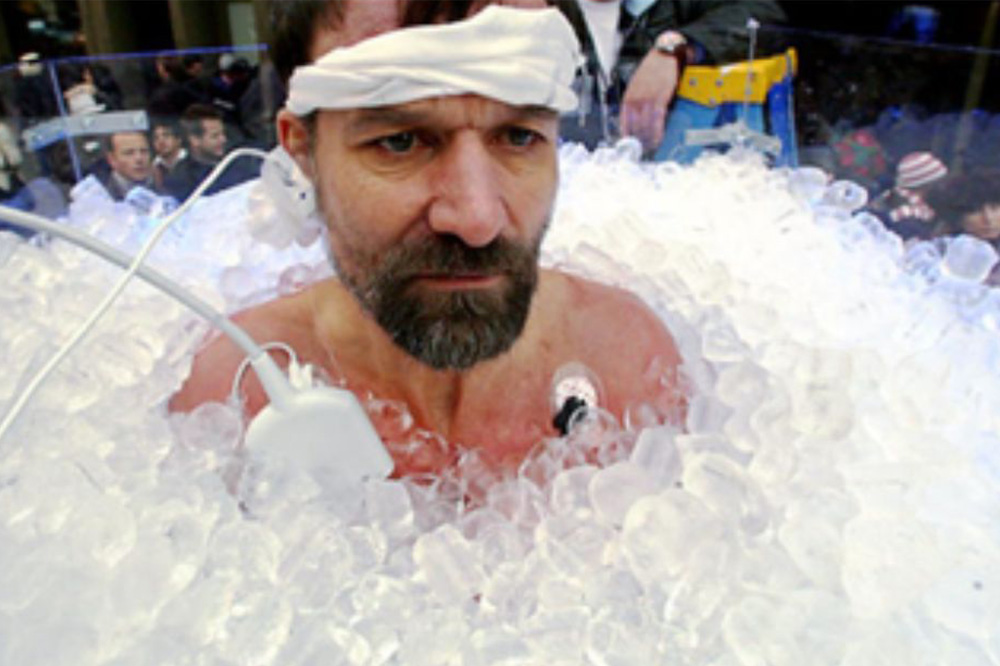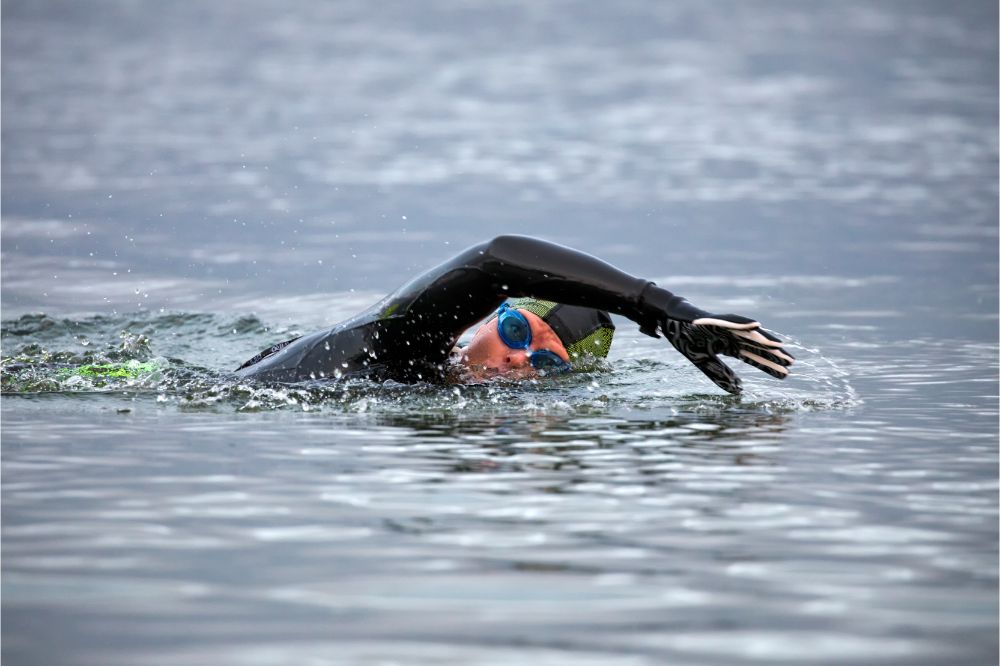Swimming under ice might seem like a suicide mission. You may think there’s no way a person can withstand the freezing temperatures for more than a few seconds.
However, the reality is different, and David Vencl proved this when he set the world record for the longest swim under the ice. This article will take a closer look at his accomplishments.
David Vencl’s Extraordinary Feat
David Vencl is a Czech diver with incredible resistance to freezing temperatures. His abilities were on display in February 2021 when he set a new world record for the longest swim under the ice. He covered 265 feet (80.9 meters) while holding his breath for an incredible 2 minutes and 42 seconds. Best of all, he did this without a diving suit, fins, or any other equipment.
Everyone was relieved when Vencl emerged from the water. The temperature around the ice hole was just 2°C (35°F), and the ice itself was approximately a foot thick, which was one of the conditions for his achievement to be certified.
After the event, Vencl said that the problem wasn’t the distance – it was the cold. He had been training in some of the most extreme conditions, but nothing compared to this challenge.
Vencl went through rigorous preparation for this event. He dove about 250 feet (75 meters) under ice a few times to help his body adjust to the unforgiving environment. He wore shorts in sub-zero temperatures while diving into barrels of icy water from a balcony.
Vencl not only broke the previous record – 250 feet, held by Stig Avall Severinsen – but surpassed this threshold by a relatively wide margin. Hof established a similar record in 2007, running the fastest half marathon on snow and ice in 2:16:34.
The Risks
Vencl knew what he was getting himself into when attempting this feat. He understood the numerous risks associated with swimming under the ice.
Cold Incapacitation
Extended periods under the ice may weaken your limbs to the point that you can’t move them easily. As a result, you might struggle to continue swimming under the ice, resurface and grab the edge of the ice hole if you’re not prepared.
Hyperventilation
Exposing yourself to icy water can lead to hyperventilation. This condition manifests itself as deep or rapid breathing caused by panic or anxiety.
Hypothermia
This is the most common risk that comes with swimming under the ice. Hypothermia is a reduction of your core body temperature and can become critical if you allow your core body temperature to drop too low. There are several stages: mild, severe, and critical. It’s difficult to say how long it takes to become hypothermic as it depends on your body composition, the outside conditions, and your activity. What’s clear, though, is that it would affect you much sooner if you swam in the same frigid conditions as Vencl.
Afterdrop
Your body temperature can drop suddenly a few minutes after getting out of icy water. This occurs when cold blood from your extremities reenters your body and cools down your core body temperature. It can have serious consequences to your vital organs, so make sure to have a sound warm up strategy ready when getting out of the water.
The Benefits
While it might not be wise to push your body to the limits like Vencl, an occasional dip under the ice can have various health benefits.
Happy Hormone Spike
Your body increases serotonin production as you expose yourself to cold water. This hormone balances dopamine and mood, controlling the pleasure centers of your brain and promoting the release of oxytocin (the love hormone).
Endorphin Rush
A dip in freezing water leads to a release of endorphin. This hormone gives you a brief feeling of euphoria.
Supporting Your Immune System
Swimming in cold water can help you boost your immune system. It increases your white blood cell count as the body reacts to adverse conditions. This improves your organism’s ability to activate defense mechanisms.
Burning Calories
Your body works much harder to keep you warm during and after your session, leading to more calories burned. This way, you can speed up your weight loss and improve cardiovascular health.
Lower Stress
Many studies have shown that swimmers who train with the cold are calmer than most people. So, if you can’t cope with stress, taking a cold dip might be all you need to soothe your nerves.
Shock Your Body for Impressive Results
Staying healthy can be challenging, but there are numerous ways to boost your well-being. David Vencl practices one of them regularly – swimming under the ice. You don’t have to be as extreme as David. Regular training with the cold will provide you with similar results – with the additional benefit of lower risk compared to swimming under the ice. For David, it’s helped him support his heart, immune system, and other vital parts of his organism. You can reap the same benefits from this activity but consult your doctor beforehand.
Disclaimer: You should see a doctor prior to starting with cold training and research the risks involved.











Discussion